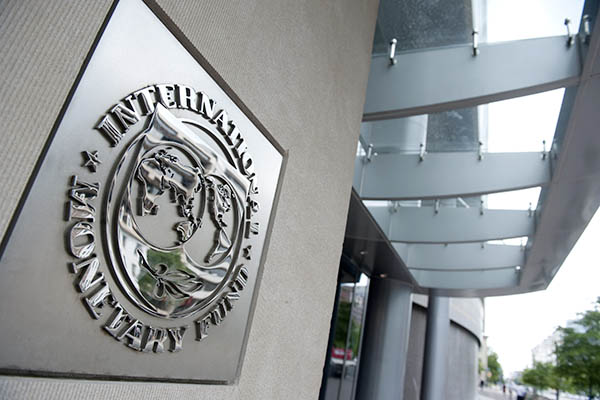
Saul Loeb—AFP
Resident representative advises Islamabad to examine other options to boost economy beyond levying more taxes
The purpose of the International Monetary Fund (IMF)’s bailout program is to promote macroeconomic stability in Pakistan, the global lender’s Resident Representative Esther Perez Ruiz said on Tuesday.
During an interaction with officer-bearers of the Lahore Chamber of Commerce and Industry, she said that Pakistan’s fiscal policy and monitory policy should promote and further this vision to avail maximum benefit of the program. She said the program aimed at introducing policies that could promote sustainable and inclusive growth, adding that the lender’s demand to eliminate sales tax exemptions was designed to reduce the “complexity” of the taxation system and raise the country’s tax-to-GDP ratio.
Ruiz stressed that Pakistan should not seek to raise revenues merely by levying more taxes, noting that there were other ways to enhance the competitiveness of the economy.
“We want Pakistan to attain a long-lasting and durable growth. And for this there is need to first endeavor to implement the macroeconomic policies, leading to the country’s economic development,” she said. “However, we will remain open to hear remarks, observations and concerns from your end,” she added.
Addressing the gathering, LCCI President Mian Nauman Kabir said the forum was “sensitive” to the impact of Pakistan’s ongoing 22nd IMF program on the national economy and private sector growth. He hoped the interaction between Ruiz and the LCCI would give the IMF an opportunity to understand the perspective of Pakistan’s business community about the budgetary support program.
Noting that there was a great need to widen the tax base by bringing more people into the tax net rather than burdening existing taxpayers, he advised the government to utilize data on industrial and commercial electricity connections to expand the tax net. He also noted that was it essential for developing countries to determine if they actually benefited from IMF programs, or whether they would be better served if the option were not available to them.
